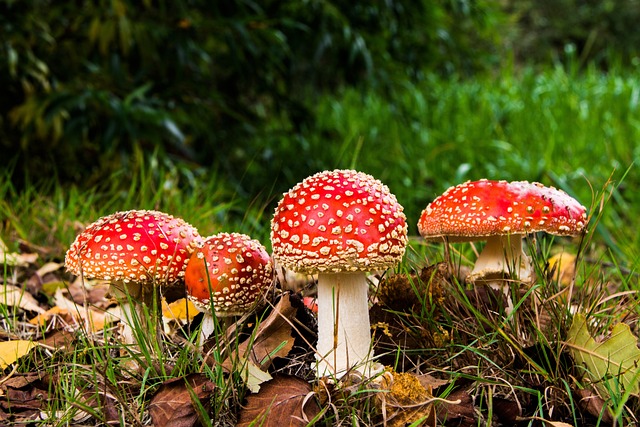Discover the Gut-Healing Power of Probiotics: Your Ultimate Guide
Welcome to our ultimate guide on the gut-healing power of probiotics! Probiotics are live bacteria and yeasts that provide various health benefits when consumed in adequate amounts. They are commonly known as “friendly” or “good” bacteria because they promote a healthy balance of microorganisms in the gut.
What are Probiotics?
Probiotics are microorganisms that naturally reside in our bodies, primarily in the digestive tract. While bacteria are often associated with illness, there are actually both good and bad bacteria present in our bodies.
Probiotics refer to the beneficial bacteria that help maintain a healthy gut environment. They work by inhibiting the growth of harmful bacteria, promoting digestion, and supporting the immune system.
The Health Benefits of Probiotics
The potential health benefits of probiotics are vast and impressive. Let’s explore how they can improve various aspects of our well-being:
1. Improved Digestion
Probiotics help break down food, making it easier for our bodies to absorb nutrients. They also aid in the synthesis of vitamins and other beneficial compounds.
2. Boosted Immune System
A significant portion of our immune system resides in the gut, and probiotics play a crucial role in supporting its function. They help strengthen the gut barrier, preventing the entry of harmful pathogens into our bodies.
3. Enhanced Mental Health
Believe it or not, the health of our gut can influence our mental well-being. Probiotics have been shown to reduce symptoms of anxiety, depression, and stress. They do this by producing neurotransmitters that regulate mood and behavior.
4. Reduced Inflammation
Inflammation is a natural response of our immune system, but chronic inflammation can have detrimental effects on our health. Probiotics can help reduce inflammation in the gut and throughout the body, promoting overall well-being.
Common Types of Probiotics
There are various strains of beneficial bacteria that function as probiotics. Some of the most common ones include:
- Lactobacillus: This is the most common probiotic group, found in yogurt and other fermented foods.
- Bifidobacterium: This group of probiotics is commonly found in dairy products and may help alleviate symptoms of irritable bowel syndrome (IBS).
- Saccharomyces boulardii: This is a yeast probiotic that can be beneficial for individuals with certain digestive disorders.
Ways to Incorporate Probiotics into Your Diet
Now that you understand the benefits of probiotics, you’re probably wondering how to include them in your daily routine. Here are a few simple ways:
1. Consuming Probiotic-Rich Foods
Foods such as yogurt, kefir, sauerkraut, kimchi, and kombucha naturally contain probiotics. Adding these foods to your diet can promote a healthy gut.
2. Taking Probiotic Supplements
If you can’t get enough probiotics through your diet, supplements are an option. Make sure to choose high-quality supplements from trusted sources.
3. Prebiotics: The Probiotic Boosters
Prebiotics are substances that promote the growth of probiotics in the gut. They are found in foods like bananas, onions, garlic, and whole grains. Adding prebiotic-rich foods to your diet can enhance the effectiveness of probiotics.
Conclusion
Probiotics play a crucial role in maintaining a healthy gut environment. From improved digestion and boosted immune function to enhanced mental well-being, the benefits are undeniable.
By incorporating probiotic-rich foods or high-quality supplements into your daily routine, you can support the growth







